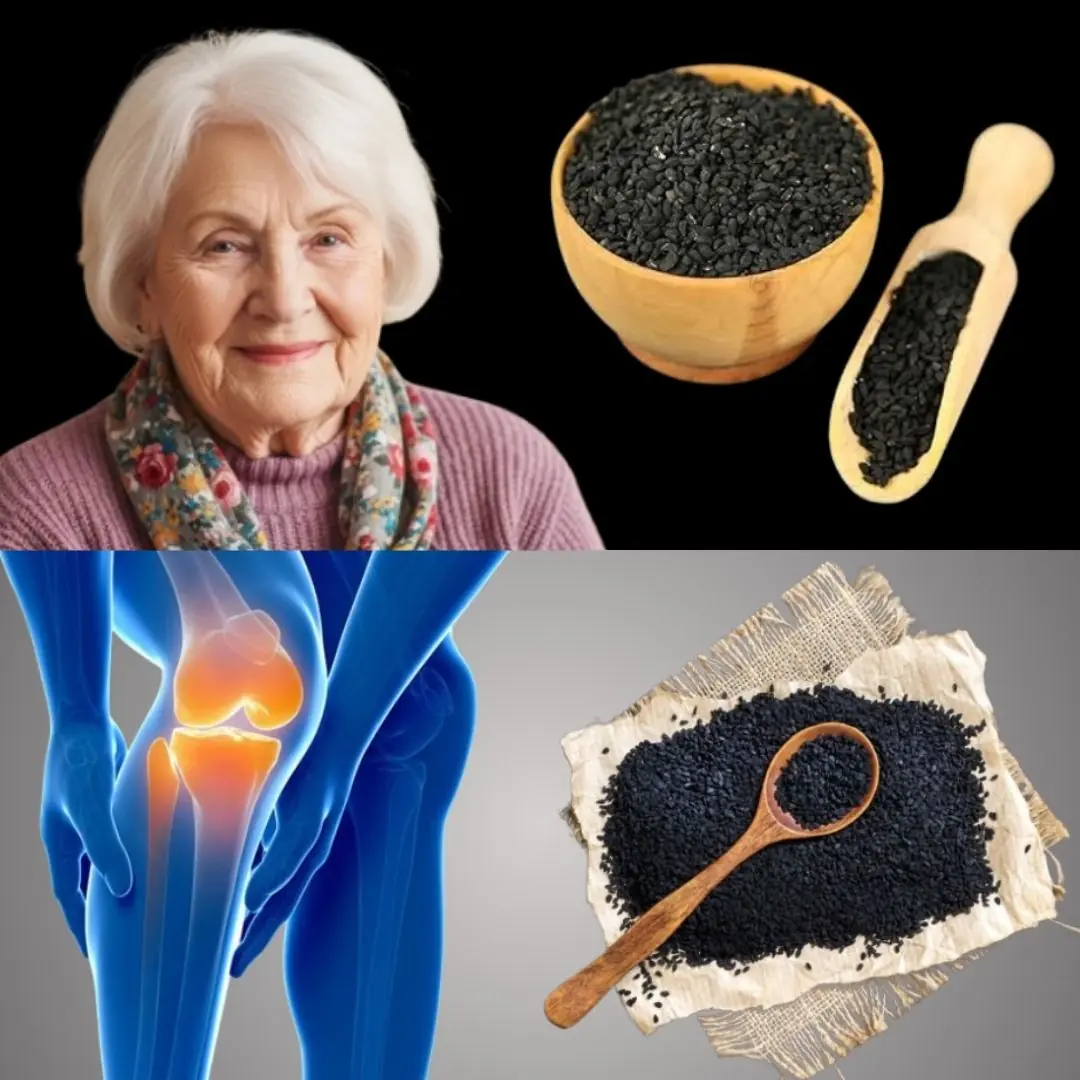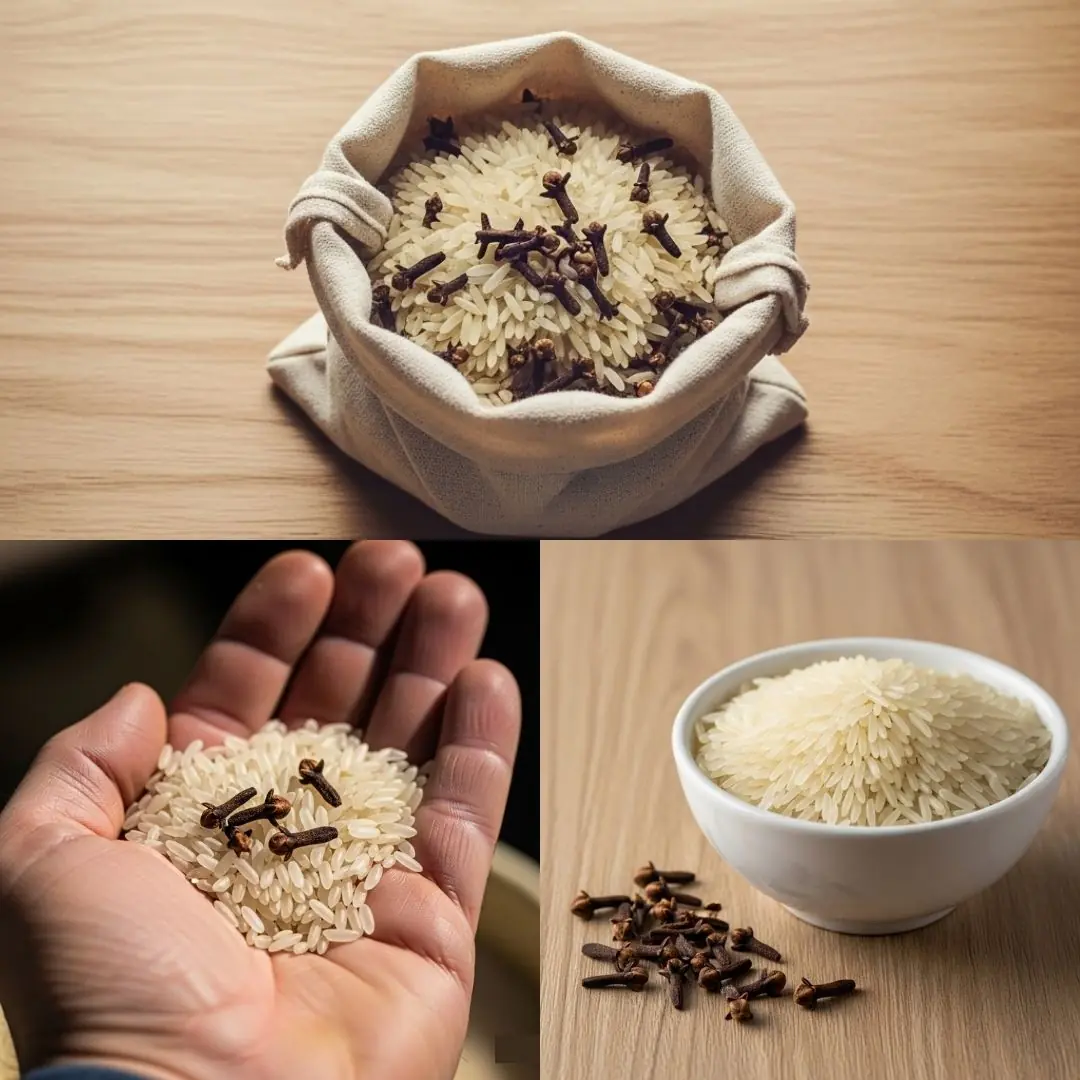
Ditch Bad Vision for Good! Carrots Can Boost Your Eyesight, Hearing, Memory & Immunity
Carrots: The Bright Orange Superfood That Supports More Than Just Your Eyes
You’ve probably heard that carrots are great for your eyes—but did you know they might also benefit your hearing, memory, and immune system? This vibrant, crunchy vegetable is far more than a convenient snack. It’s a nutritional powerhouse filled with essential vitamins and antioxidants that can enhance your overall well-being. From helping you see better in the dark to strengthening your immune defenses, carrots offer a wide array of science-backed health benefits that fit perfectly into a modern, health-conscious lifestyle.
Curious how this humble veggie can support your whole body? Let’s explore the research behind carrots and how they can help you feel and function your best—one bite at a time.
Why Carrots Are a Nutritional Powerhouse
Carrots are brimming with essential nutrients such as beta-carotene, fiber, vitamin A, vitamin C, vitamin K, and potassium. This combination makes them an excellent choice for anyone aiming to improve their diet and overall health. The standout compound, beta-carotene, is responsible for carrots’ bright orange color and plays a vital role in the body by converting into vitamin A—a critical nutrient for maintaining eye health.
According to the American Academy of Ophthalmology, vitamin A is indispensable for good vision, especially in low-light conditions. But the benefits don’t stop there. Carrots are also rich in antioxidants and plant compounds that may support cognitive function, hearing, and immune defense, according to Harvard Health.
Whether you eat them raw, cooked, or blended into a smoothie, carrots are an easy, budget-friendly way to fuel your body with natural goodness. Let’s take a deeper look at how they work their magic.
How Carrots Support Your Eyesight
Carrots have a long-standing reputation for supporting vision—and there’s real science behind that belief. Here's how they specifically benefit your eye health:
-
Improves Night Vision: Carrots are packed with beta-carotene, which the body converts to vitamin A. This nutrient is crucial for the production of rhodopsin, a pigment in the retina that helps you see in low-light conditions, according to the National Institutes of Health.
-
Protects Against Age-Related Eye Conditions: Carrots contain lutein and zeaxanthin, two antioxidants that protect the eyes from oxidative stress and harmful UV rays. Studies published in the Journal of Clinical Biochemistry and Nutrition suggest these compounds may reduce the risk of cataracts and age-related macular degeneration.
-
Reduces Eye Strain and Dryness: Vitamin A also contributes to the health of the cornea, the eye’s outermost layer, helping prevent dryness and irritation—a common issue for people who spend long hours in front of screens, per the Mayo Clinic.
While carrots won’t give you perfect vision or reverse eye problems, they are an excellent addition to a diet focused on long-term eye health.
Can Carrots Boost Your Hearing?
Though not as widely known, carrots may also play a supporting role in hearing health. The inner ear is highly sensitive and needs a steady supply of nutrients to function optimally. Here’s how carrots contribute:
-
Promotes Healthy Blood Flow: Carrots contain vitamin K and potassium, both of which are essential for maintaining proper blood circulation. Healthy circulation ensures the cochlea—the part of the inner ear responsible for hearing—gets enough oxygen and nutrients, according to WebMD.
-
Protects Against Oxidative Damage: The auditory system is vulnerable to damage from free radicals. Antioxidants like beta-carotene can help neutralize these harmful molecules and reduce the risk of age-related hearing loss, as shown in research published in Nutrients.
-
Reduces Ear Inflammation: Chronic inflammation can affect the ear canal and inner ear. Carrots’ natural anti-inflammatory properties may help maintain ear health and lower the risk of infection or irritation, per Frontiers in Nutrition.
Though they’re not a cure for hearing loss, including carrots in a nutrient-dense diet may contribute to better auditory health over time.
Carrots and Memory: A Brain-Boosting Connection
Carrots can also benefit your brain, especially when it comes to memory and cognitive performance. Their rich blend of antioxidants, vitamins, and plant compounds makes them an excellent brain food.
-
Protects Brain Cells from Oxidative Stress: A study in the Journal of Alzheimer’s Disease suggests that beta-carotene may help shield neurons from oxidative stress—a key factor in age-related cognitive decline and neurodegenerative conditions.
-
Supports Neurotransmitter Production: Carrots contain vitamin B6, which helps your body produce neurotransmitters like serotonin and dopamine—crucial for memory, focus, and mood, according to Harvard Health.
-
Helps Reduce Brain Inflammation: Inflammation in the brain can impair memory and decision-making. Carrots offer a natural source of anti-inflammatory compounds that may help protect brain function, as noted in Nutritional Neuroscience.
Add carrots to your daily meals for a simple, delicious way to nourish your mind—especially when combined with other brain-healthy foods like blueberries, leafy greens, and walnuts.
Strengthening Immunity with Carrots
A healthy immune system is your body’s frontline defense—and carrots can help you keep it strong and resilient. Here’s how:
-
Supports White Blood Cell Function: Vitamin A plays a vital role in the development and activity of white blood cells, which fight off bacteria and viruses. The Centers for Disease Control and Prevention (CDC) highlight vitamin A as key to immune health.
-
Promotes Skin Barrier Defense: Your skin is the first line of defense against infection. Carrots help maintain skin integrity and health, partly due to their vitamin A content, according to the American Academy of Dermatology.
-
Combats Oxidative Stress: Carrots also provide vitamin C and beta-carotene, both powerful antioxidants that support immune function by neutralizing free radicals and reducing inflammation, as detailed in the Journal of Immunology Research.
Whether you’re fending off seasonal illnesses or aiming for year-round wellness, carrots offer an accessible way to support your body’s defense system.
Easy and Tasty Ways to Add Carrots to Your Diet
Carrots are incredibly versatile and can be enjoyed in countless delicious forms. Here are some creative ways to get more of them into your meals:
-
Raw Snack: Keep baby carrots on hand for a crunchy, on-the-go snack. Pair them with hummus, guacamole, or a yogurt dip for extra nutrition.
-
Smoothie Ingredient: Blend a peeled carrot with banana, spinach, and orange juice for a vibrant, fiber-packed smoothie.
-
Roasted or Grilled: Slice carrots and roast with olive oil, garlic, and thyme for a sweet, caramelized side dish—or grill them for a smoky twist.
-
Soups and Stews: Add diced carrots to hearty soups, stews, or curries. They pair beautifully with lentils, chickpeas, or chicken broth.
-
Salad Topper: Shred raw carrots onto salads for extra color, crunch, and nutrients.
Tip: Aim for 1 to 2 servings a day—about 1 cup raw or ½ cup cooked—to enjoy the full benefits. Choosing organic carrots can help reduce exposure to pesticides, according to the Environmental Working Group (EWG).
Lifestyle Tips to Maximize Carrot Benefits
Want to get the most out of your carrot intake? Pair them with healthy habits that reinforce their nutritional power:
-
Protect Your Eyes: Wear sunglasses with 100% UVA/UVB protection and use the 20-20-20 rule—every 20 minutes, look at something 20 feet away for 20 seconds.
-
Exercise Regularly: Move your body at least 150 minutes per week to improve circulation to your eyes, brain, and ears.
-
Get Quality Sleep: Sleep helps your brain store memories and supports immune function. Aim for 7–9 hours per night.
-
Limit Processed Foods: Highly processed and sugary foods can cause inflammation that counteracts carrots’ benefits.
-
See Your Doctor: Annual health checkups can help identify issues early—whether with vision, hearing, or immunity.
Together with carrots, these habits create a powerful foundation for lifelong health.
A Few Precautions When Eating Carrots
Carrots are generally very safe, but there are a few things to keep in mind:
-
Don’t Overdo It: Eating too many carrots—several cups daily—can cause carotenemia, a harmless condition that turns your skin orange, per WebMD.
-
Watch for Allergies: Rarely, people may be allergic to carrots, particularly if they also have a birch pollen allergy. Symptoms can include itching, swelling, or digestive discomfort.
-
Medication Interactions: If you’re taking blood thinners, consult your doctor before significantly increasing your intake of vitamin K, which is found in carrots.
-
Not a Cure-All: While carrots support good health, they aren’t a substitute for professional care. If you have vision or hearing concerns, always consult your healthcare provider.
News in the same category


Shocking Secret Revealed: Erase Facial Hair Naturally with THIS Kitchen Staple!

🌿 OKRA BENEFITS – 20 Impressive Health Benefits of Okra You Need to Know!

Dwarf Mallow (Malva neglecta): The Overlooked Superplant Your Body Will Thank You For

The Powerful Natural Drink Recommended by Dr. Frank Suárez to Help Combat Cancer, Diabetes, and Fatty Liver

Leaf of Life: Unlock the Miracle Plant Growing in Your Backyard

My Grandma Healed Her Joints and Now Runs Like a Young Girl – Thanks to Black Cumin Seeds!

Homemade Syrup That Clears Cough & Flu Fast — Just 3 Powerful Ingredients!

I Ate 2 Dates a Day — Here’s What Happened to My Body

The 2025 Wellness Revolution: A Drink to Transform Your Health!

Nature’s Secret Superfood: Why Purslane Is the Game-Changer Your Health Needs 🌿

🚫 Say Goodbye to Weevils: Easy Tips to Keep Your Beans and Rice Safe

Purslane: The Humble Backyard Superfood You’ll Wish You’d Known Sooner

🥒🍋 Mix Chayote and Lemon — You'll Thank Me When You Discover What It's For!

The Secret Superfood Hiding in Your Backyard: Why Common Mallow Will Blow Your Mind

🍍 Why You’ll Love This Pineapple Lemon Ginger Fat Burning Juice

Kalanchoe Pinnata: The Miracle Leaf That’s Your Secret to Natural Healing

Can a Tea Really Support Heart Health? Natural Ways to Care for Your Arteries

Lemon and Apple: A Healthy Duo for Wellness and Vitality
News Post

Terrifying Study: Up to 30% of Americans Could Be Infected with Brain-Impacting Parasite

Itching in 9 Areas: A Warning Sign of Malignant Tumors, Number 7 Is the Most Common

Doctor's "Deeply Concerning" Warning After Man Injects Sperm to 'Cure Back Pain'

Non-Smoker Diagnosed with Lung Cancer Shares His Only 'Silent' Symptom

The Dark Year: What Made 536 So Devastating For Civilization

Alarming Discovery: High Aluminum Levels Found in Brains with Alzheimer's, Autism, and MS

First Human Trial Launched for Stem Cell Therapy to Reverse Spinal Cord Injuries

From Despair to Hope: Joe Tippens' Incredible Cancer Recovery Story with Fenbendazole

Elon Musk Claims He’s A 3,000-Year-Old Time-Traveling Alien

The Volume Buttons on Your iPhone Have Countless Hidden Features

10 Safest Countries To Be In If World War 3 Breaks Out

2050 Climate Crisis Death Toll Could Be Catastrophic, Researchers Warn

This Image Has People Perplexed. Can You Solve It?

What causes the green ring around hard-boiled eggs?

Watermelon Juice with Carrot, Beetroot, and Ginger: A Refreshing, Nutrient-Packed Drink

Shocking Secret Revealed: Erase Facial Hair Naturally with THIS Kitchen Staple!

🌿 OKRA BENEFITS – 20 Impressive Health Benefits of Okra You Need to Know!

Dwarf Mallow (Malva neglecta): The Overlooked Superplant Your Body Will Thank You For
